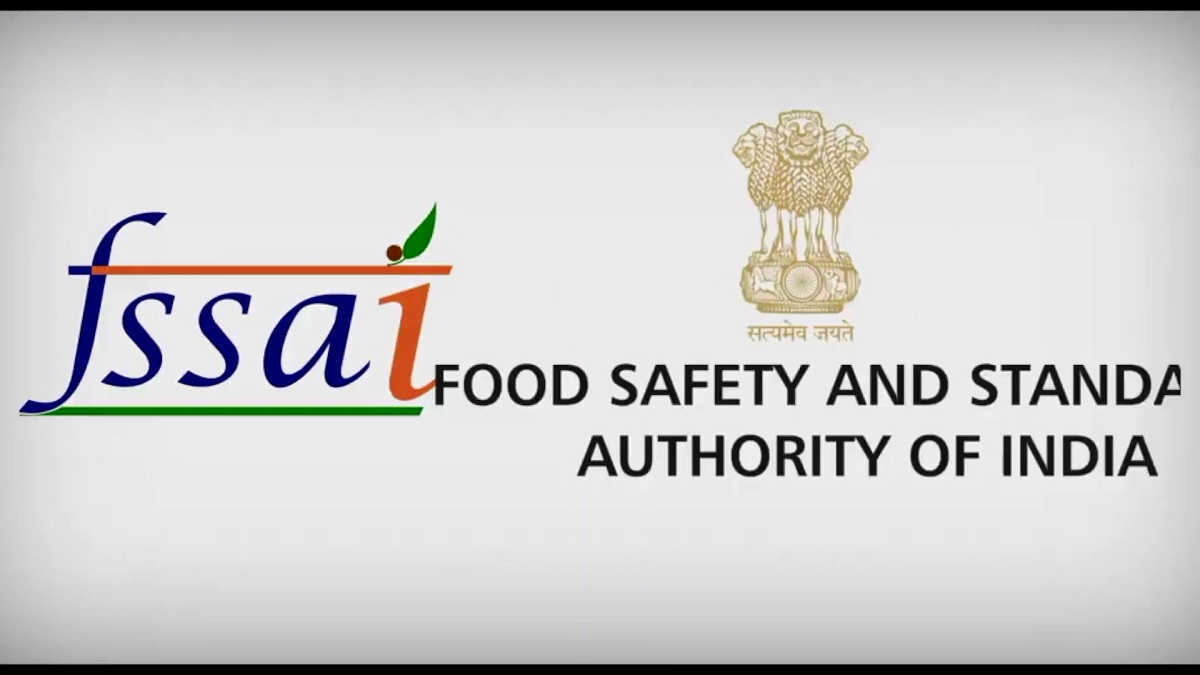Play all audios:
The Food Safety and Standards Authority of India (FSSAI) has asked states to intensify inspections to check the illegal fruit ripening practices rampant across the nation. The agency has
requested the food safety commissioners and its regional directors to maintain vigil over the fruit markets and mandis, and conduct inspection drives at storage facilities and godowns.
Advertisement “The Food Safety and Standards Authority of India (FSSAI) has urged all States and Union Territories to intensify inspections and carry out special enforcement drives to curb
the illegal use of non-permitted fruit ripening agents, as well as colouring and coating of fruits with synthetic colours or non-permitted wax,” the regulator said in a statement on Tuesday.
Advertisement The measures are aimed at putting an end to the illegal use of artificial ripening agents like Calcium Chloride, popularly known as “masala” for early ripening of fruits.
Calcium chloride poses serious health risks—from ulcers and gastric irritation to potentially life-threatening conditions like cancer—and has long been banned for human consumption.
Artificial ripening of fruits using Calcium Chloride is strictly prohibited under the Food Safety and Standards (Prohibition and Restriction of Sales) Regulations, 2011. The authorities have
called for strict action against the violators under the Food Safety and Standards (FSS) Act, 2006. “The presence of calcium carbide on the premises or stored alongside crates of fruits
will be treated as circumstantial evidence against the Food Business Operator (FBO), potentially leading to prosecution under the Food Safety and Standards (FSS) Act 2006,” the statement
said. The circular directed food business operators (FBOs) to strictly follow legally approved protocols for artificial fruit ripening, as mandated by the FSSAI. Reiterating its stance, the
regulator flagged the misuse of ethephon —a permitted substance used to generate ethylene—for ripening fruits like bananas, emphasizing that only ethylene gas, when produced and used
according to approved protocols, is legally permitted. The protocols prohibit direct contact between chemicals and fruits, and mandate that ripening rooms remain airtight with well-regulated
temperature, humidity, and proper air circulation. They also require the use of an ethylene gas generation system with a reliable power supply. Advertisement

